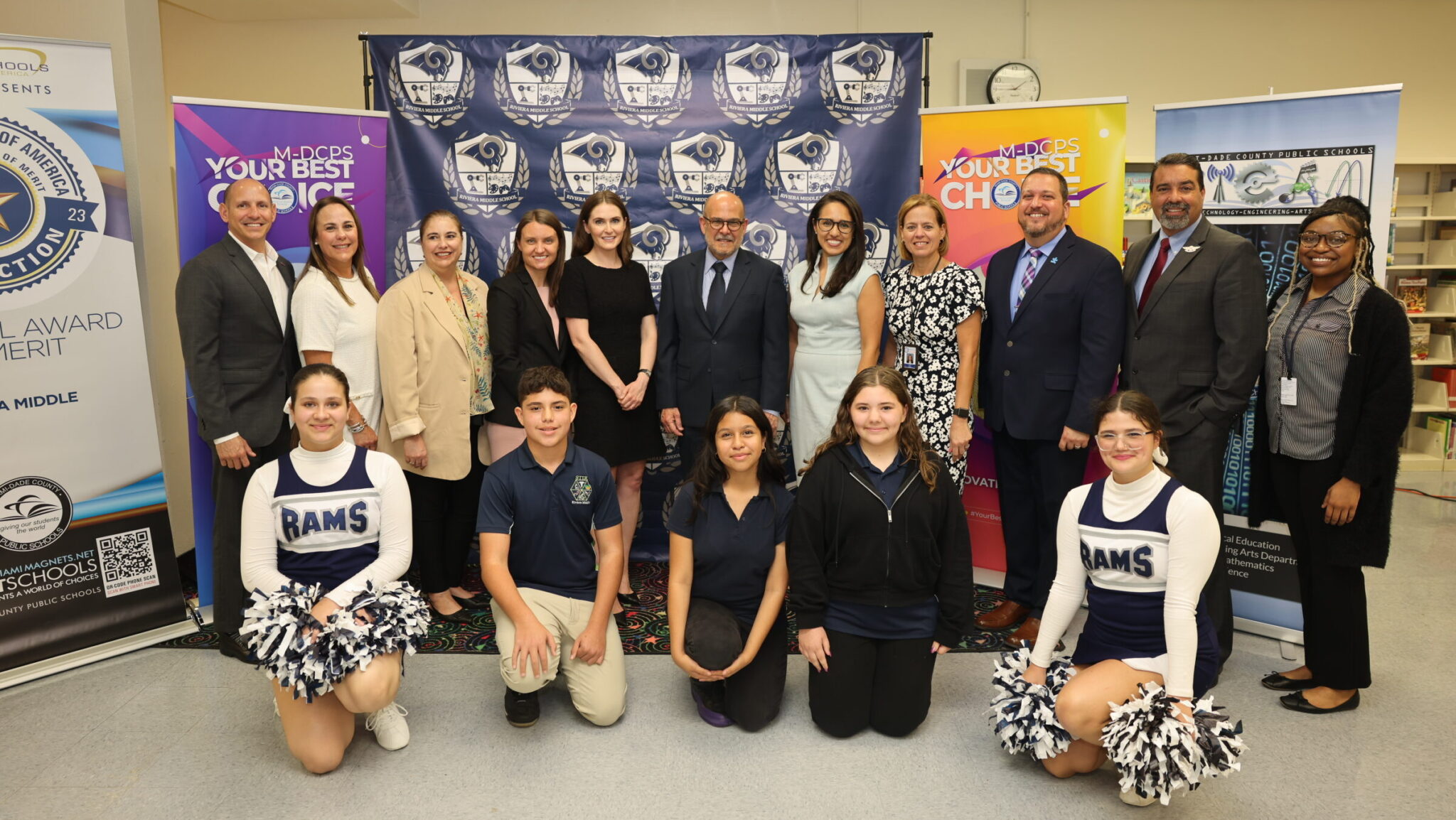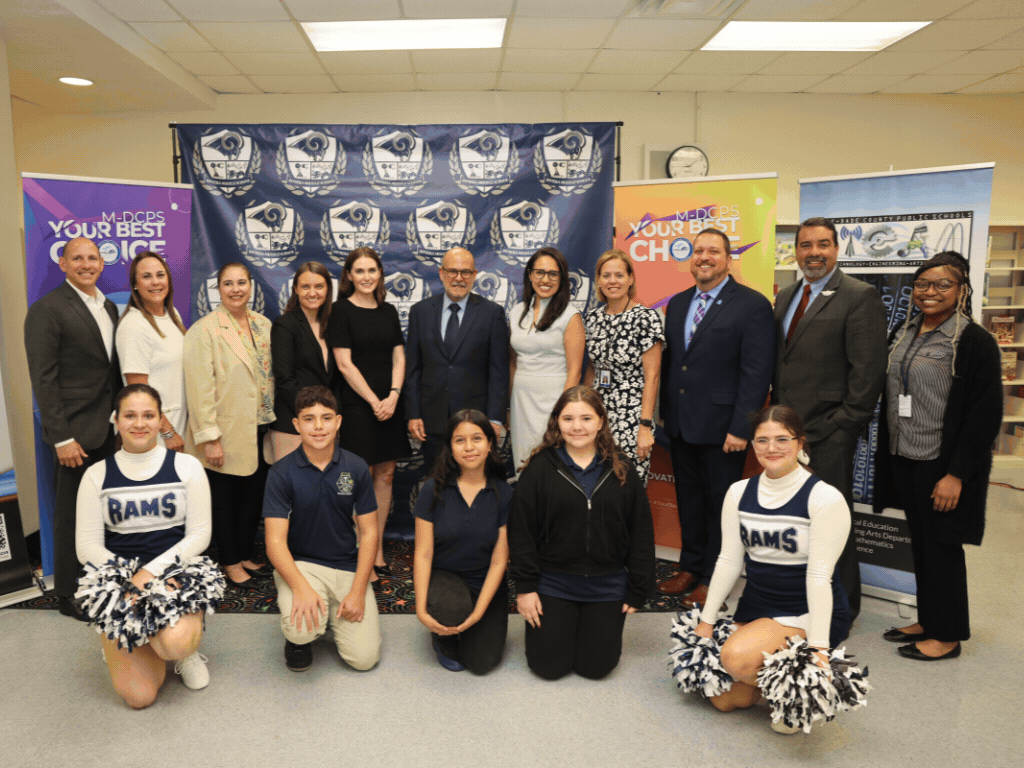New research from our high-dosage tutoring work + Miami-Dade County Public Schools partnership
Despite the $10 trillion the government spends every year in America, we have no shortage of big, persistent social problems remaining. Throwing money at a problem–while often necessary–is by itself clearly not sufficient. We also desperately need solutions-oriented R&D to help us better understand how to get more social good from what we’re already spending.

This is also true for the biggest educational challenge of our lifetimes–massive, sweeping learning loss due to the once-a-century global pandemic. While the pedagogical solution has been known since at least the 12th century at Oxford–tutoring–the key R&D problem confronting the nation is that no one knows how to scale this successful approach in the face of historic need.
The Education Lab’s top priority has been to solve that R&D problem and help the government direct its vast resources to evidence-based, cost-effective, scalable solutions for students who need it the most. For example, on the heels of a December 2023 event in Washington, DC in partnership with the Aspen Economic Strategy Group featuring opening remarks by Robert Gordon, the Deputy Director for Economic Mobility at the White House Domestic Policy Council, within a month, the White House announced its Improving Student Achievement Agenda for 2024 urging states to adopt and scale tutoring (and in President Biden’s budget providing $8 billion to support that nationwide).
Check out the latest updates on our work below.
Saga Technology: High-dosage tutoring program combining technology and tutor time can accelerate student learning, reduce costs to districts
In partnership with the Chicago Public Schools and the non-profit Saga Education, we have shown that what works at Oxford can also work for students in Chicago and can double or even triple what students learn in a year. A new study just released by the Education Lab tries to solve the challenge of scaling up these benefits to as many children as possible. Our working paper shows that it’s possible to reduce costs by one-third and halve the number of tutors needed without compromising effectiveness.
Early results from the Personalized Learning Initiative (PLI): In-school high-dosage tutoring is accelerating student learning, reversing pandemic-era learning loss
With evidence that Saga Education’s tutoring model accelerates learning at a lower cost, we are now exploring how to scale these ideas. This study inspired the PLI, our initiative to overcome learning loss nationwide.
Preliminary results from the first year of the PLI of approximately 2,000 students show that in-school high-dosage tutoring can work, even when delivered in the aftermath of the pandemic and in diverse academic settings–especially in math.
Miami-Dade County Public Schools partnership: $9M gift from Kenneth C. Griffin allows expansion of the PLI
On the heels of the release of our preliminary results from the PLI, Miami-Dade County Public Schools (M-DCPS) announced a $9 million gift from Kenneth C. Griffin, founder and CEO of Citadel and founder of Griffin Catalyst, to support the launch of high-dosage math tutoring for Miami-Dade students recovering from the education crisis caused by the COVID-19 pandemic.
- Support will initially enable nine M-DCPS schools to co-design, implement, and refine in-school tutoring programs for 6th- to 8th-grade students.
- Kicking off earlier this year, this three-year partnership, which is part of the national PLI, benefits an initial cohort of over 1,100 students for the 2023-24 academic year, with thousands of additional students expected to enroll in future school years.
Read coverage about the announcement in Bloomberg
Read more about the announcement

![]()
Brookings Commentary: Counterintuitive strategies for overcoming pandemic learning loss with high-dosage tutoring
From the Education Lab’s Dr. Monica Bhatt, Dr. Jon Guryan, and Dr. Jens Ludwig
The once-a-century public health crisis we have just gone through also created a once-a-century crisis for public education. The average American student lost the equivalent of a half a year of learning, with larger losses still for the most disadvantaged students. Just a modest share of that learning loss has been remediated. Why haven’t we made more progress overcoming pandemic learning loss? What lessons does this suggest for how to make more progress moving forward?
